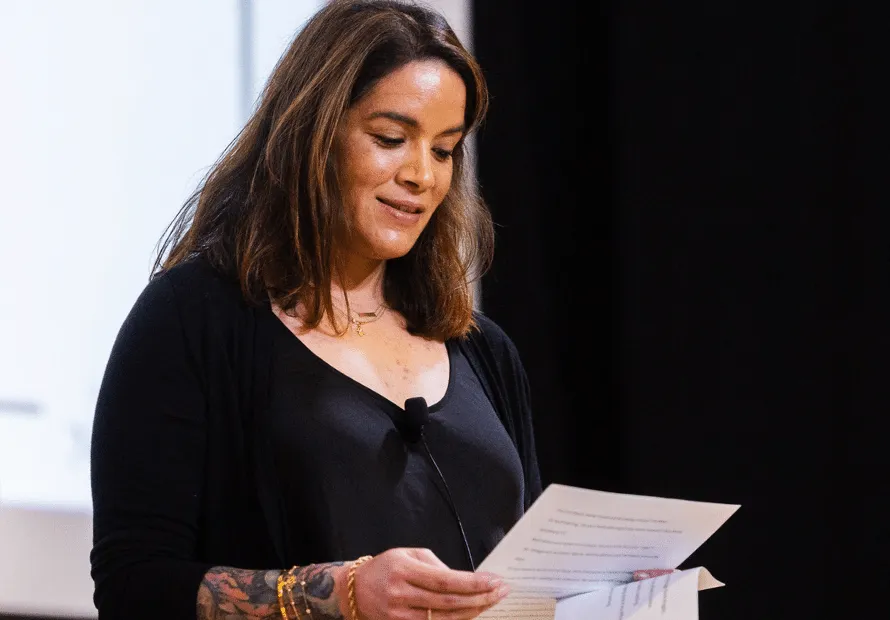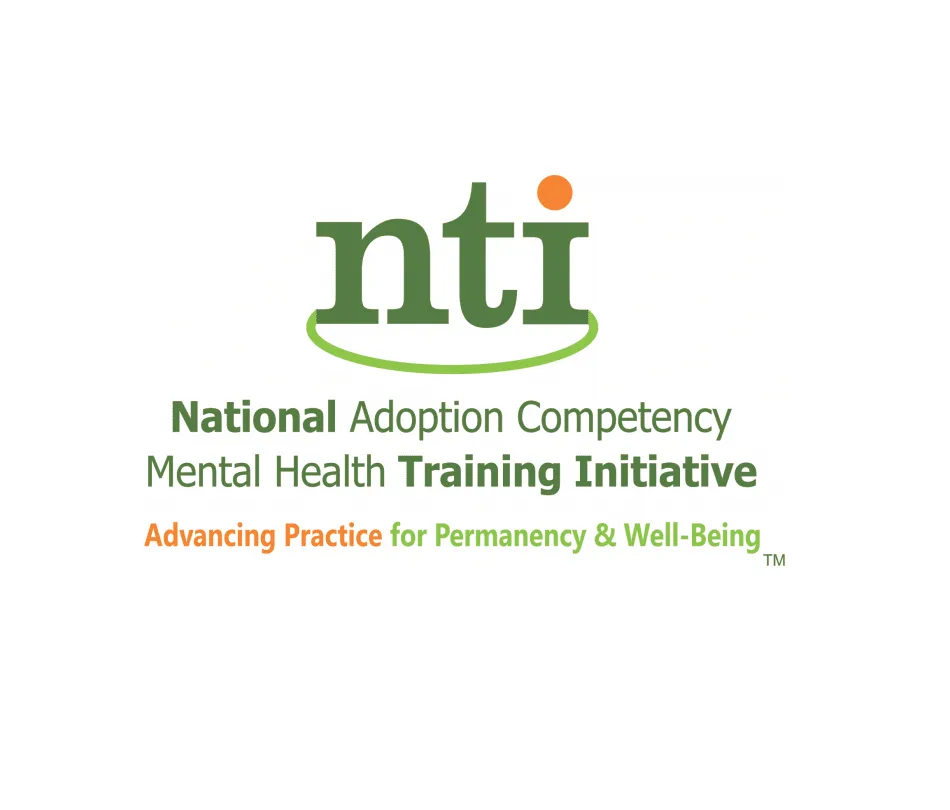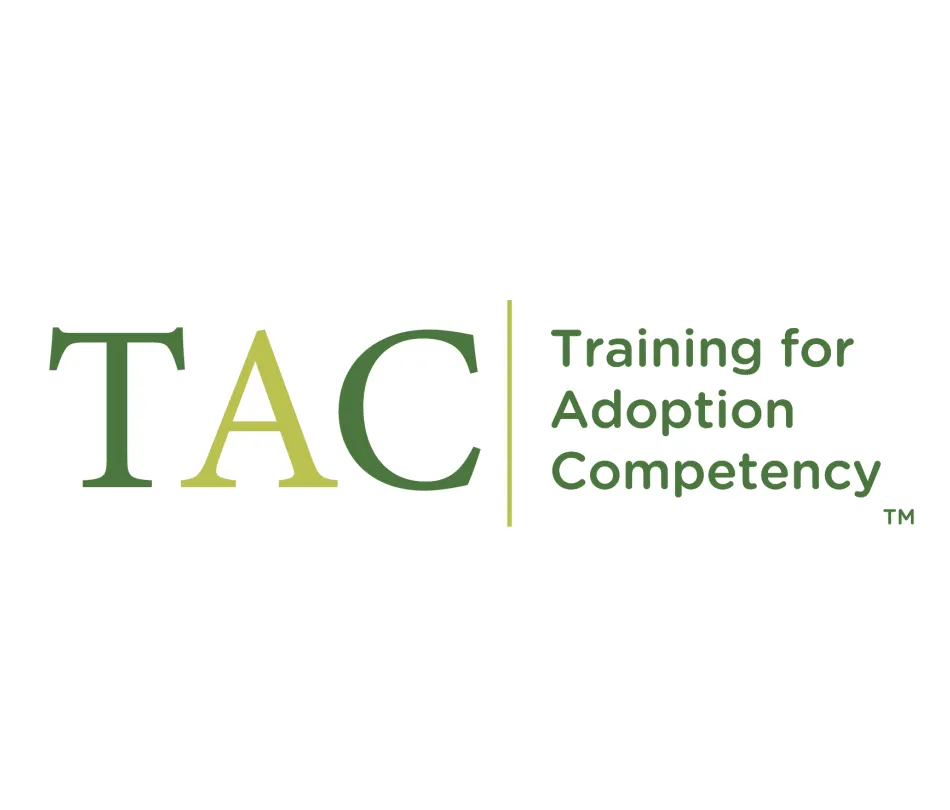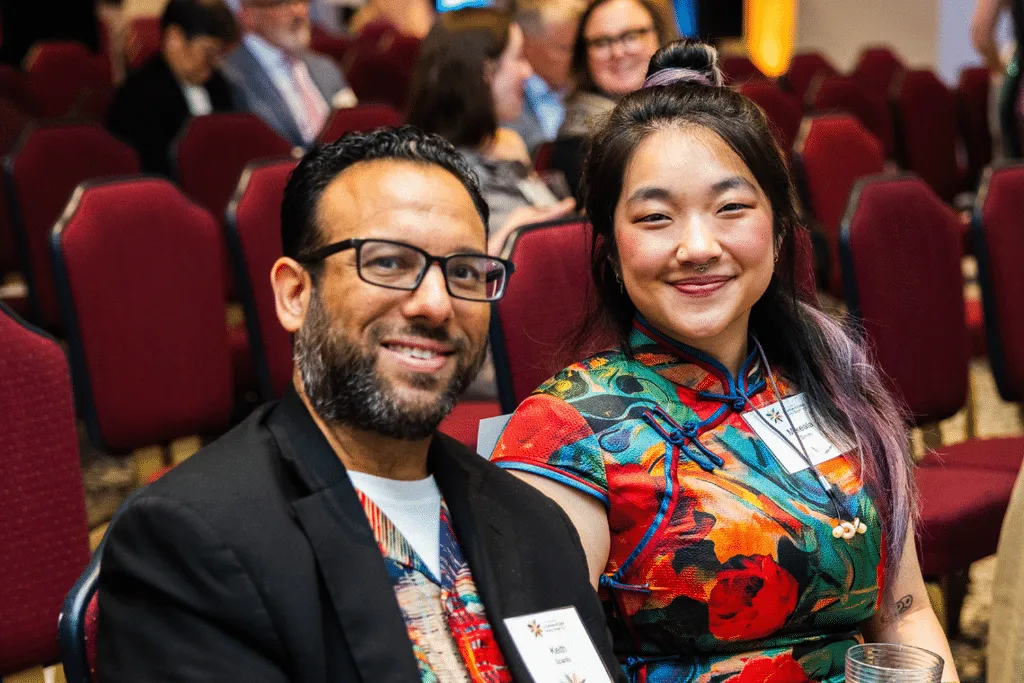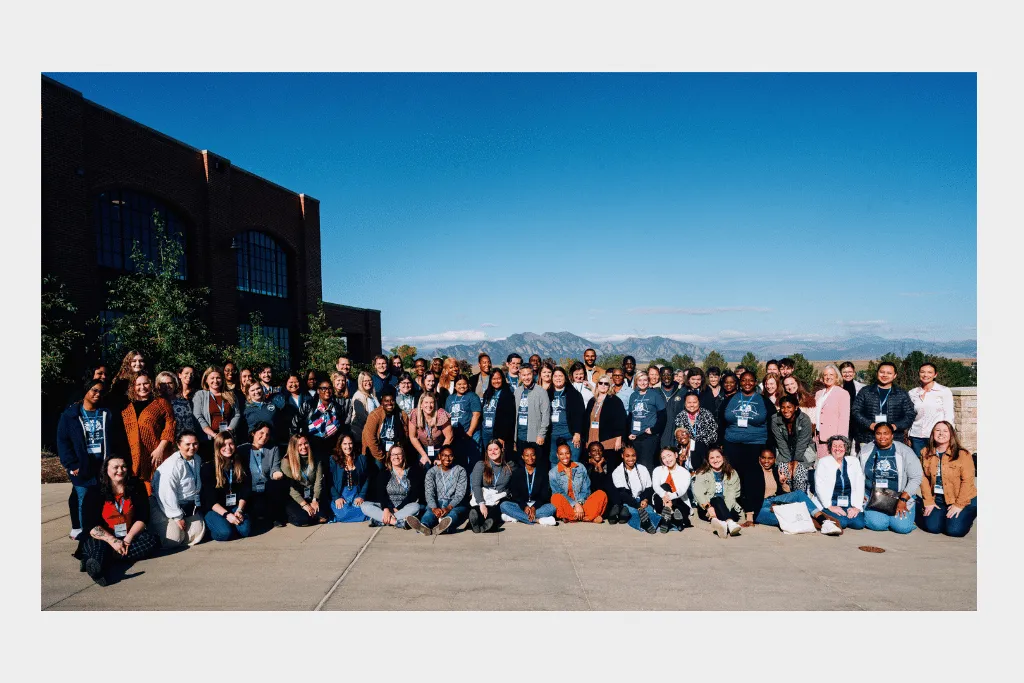Georgia Restores Adoptee Access to Original Birth Certificates
Georgia Restores Adoptee Access to Original Birth Certificates
The state of Georgia recently made history by restoring a long-denied right to thousands of adopted individuals. For the first time in decades, those adopted in the state can now access their original birth certificates without navigating the courts, hiring attorneys, or seeking anyone’s permission.
Andee’s Law Makes Historical Change for Adoptees
What was once locked behind legal barriers is now within reach, offering adoptees something far more meaningful than a document: a chance to reclaim their story. This transformative moment comes with the enactment of Senate Bill 100, also known as Andee’s Law, a long-overdue restoration of truth, dignity, and agency for adopted individuals.
As an adoptee, this isn’t just about just policy. It’s personal truth finally being honored. For many adoptees, the original birth certificate isn’t just a legal document, it’s a tether to identity. It’s a link to heritage, medical history, and the simple but profound knowledge of whose arms first held us and where we entered the world. When that information is sealed away, it sends a painful message: that our origin stories are too shameful or irrelevant to be ours. That message sticks throughout an adoptee’s life.
Advocating for Change in Georgia’s Adoption Laws
For decades, Georgia enforced one of the most restrictive access laws in the country. Even after turning 18, adoptees had to go through a costly and complicated legal process, one that could be emotionally grueling and full of dead ends. Many never made it to the finish line. Some gave up. Others never tried, knowing the barriers were too high. As a result, generations of Georgians were denied something that should have been theirs by right: access to their own beginnings.
But thanks to the relentless work of advocates, the Georgia Alliance for Adoptee Rights and the leadership of lawmakers who understand the emotional complexity of adoption, that era is over.
Andee’s Law allows any adopted person over the age of 18 to request a copy of their original birth certificate directly from the Georgia Office of Vital Records. Importantly, it also extends access to descendants and close family members of deceased adoptees, acknowledging that the impact of sealed records reverberates through families and across generations. This legislation is not about undoing adoption. It is about restoring an adoptee’s identity. Knowing where you come from completes the picture. And for many adoptees, understanding their origins is critical for more than just emotional closure. Medical histories, cultural identity, and accurate family records matter. They can be life-changing.
A National Movement of Adoption Law Reform
Georgia’s reform is part of a growing national movement. Since 2019, more than a dozen states including New York, Minnesota, and Louisiana, have passed similar legislation. This signals a powerful shift away from outdated norms of secrecy and shame, and toward a new culture grounded in transparency, respect, and healing. It’s a recognition that adoptees should not have to prove their worthiness to know the truth about their own lives.
Policy and Advocacy Reform for Adoptees Continues
At the Center for Adoption Support and Education (C.A.S.E.), we know how vital it is to center the lived experiences of adoptees in conversations about policy and practice. This moment in Georgia reflects what is possible when those most impacted are not only heard but trusted to lead. Policy change like this doesn’t happen in isolation; it happens when courage meets persistence, and when stories are heard for need of change.
To those who fought for this law, to the legislators who listened, and to the adoptees who never stopped seeking answers, thank you. You’ve made a lasting impact.
My hope is that other states still holding out will take note: Every adoptee deserves access to their own truth not just as a legal right, but as a basic human right. This victory is one step closer to a future where adoptees are no longer treated as exceptions to the rule of personal autonomy, but as equal members of society, fully entitled to the facts of their own lives.
